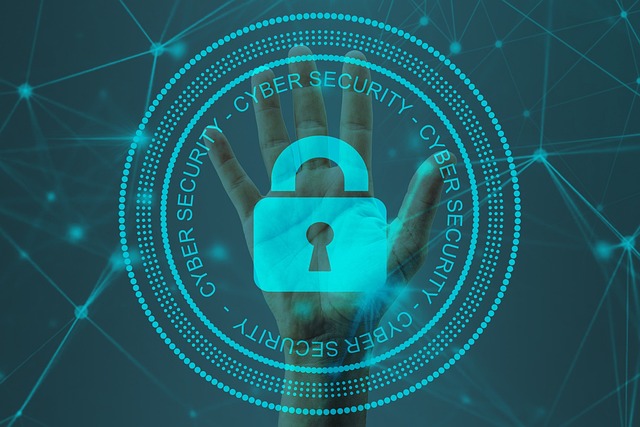Guarding Your Data: Understanding the Social Media Impact on Cybersecurity Networks
In today’s digital age, social media has become an integral part of our daily lives. It connects us, entertains us, and allows us to share experiences with family and friends around the globe. However, while we enjoy the benefits of social media, it is essential to understand its profound impact on our cybersecurity networks.
Social media platforms have emerged as a double-edged sword; they enhance communication and foster communities but also expose users to various security risks. Cybercriminals exploit these platforms to gather personal information, create fake profiles, and conduct phishing attacks. As users share their lives online, they often reveal sensitive information without realizing it, inadvertently strengthening potential cyber threats.
Consider this: your seemingly innocuous posts about your weekend plans or your latest vacation can provide hackers with valuable insights into your life. They can piece together details that could lead to identity theft, account breaches, or even physical break-ins. This is where the importance of a robust cybersecurity network comes into play.
Creating a cybersecurity network involves not just technical measures, but also a mindset shift in how we interact with social media. Awareness is key. Users need to recognize the potential risks associated with sharing information on these platforms. Educating yourself about privacy settings, understanding what information should remain private, and being cautious about friend requests can all contribute to a stronger line of defense against cyber threats.
Businesses, too, must take social media into account when implementing cybersecurity measures. Employees represent a critical vulnerability; their usage of social media can put company information at risk. Organizations should emphasize training, helping employees understand the importance of safeguarding sensitive data and the role they play in maintaining the cybersecurity network.
Moreover, staying informed about the latest cyber threats is crucial. Cybercriminals are continuously adapting their strategies, and so should we. Regularly updating security software, utilizing multifactor authentication, and conducting security audits are effective practices that can help maintain the integrity of a cybersecurity network.
In essence, understanding the social media impact on our cybersecurity networks is a shared responsibility. By fostering a culture of awareness and caution in both personal and professional digital interactions, we can safeguard our data against potential threats. While the allure of social media is undeniable, prioritizing our cybersecurity can ensure that we enjoy our online experiences with a peace of mind.




